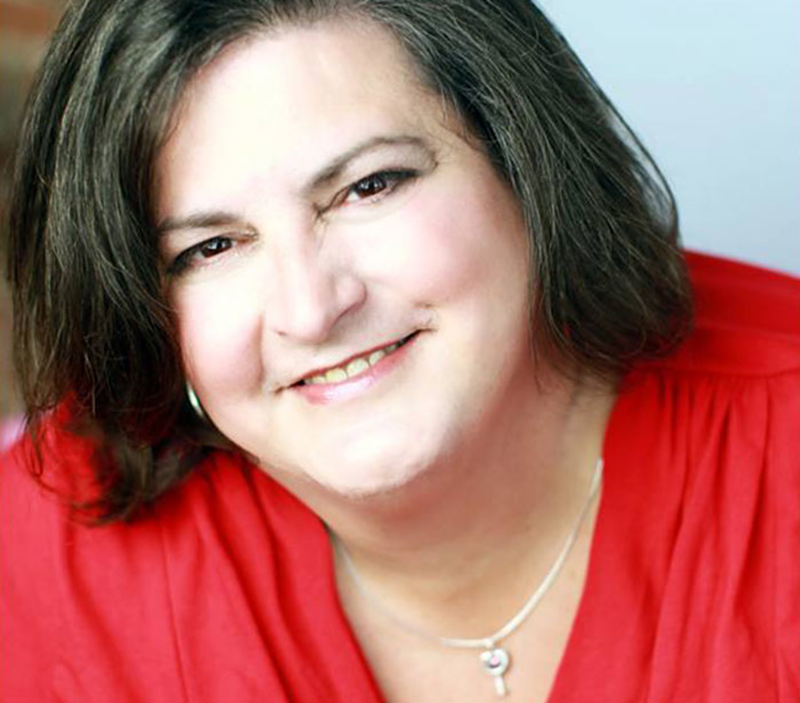I
t all began as an answer to a creative alert — a calling, if you will. Back in 2007, the Southwestern Ohio Council for Higher Education (SOCHE) drafted a Creative Class Taskforce to seek the advice of Dr. Richard Florida, one of the world’s leading urbanists, the author of the international bestseller The Rise of the Creative Class and the founder of the Creative Class Group, a global advisory services firm. This led to the formation of a regional community-driven project spearheaded by 32 “catalysts” working within a five-team system focusing on reinvigorating economic competitiveness. The Dayton collective fully embraced Florida’s approach, which utilizes global data and measurements to target relevant local and regional investment strategies and community interests. Based on the project’s analysis, film was among the leading factors for further development.
Approximately a year later, FilmDayton emerged, conceived as a nonprofit organization dedicated to “building the Dayton region’s film community.” Tackling this broad goal meant expanding educational opportunities (through the creation of 48-hour filmmaker boot camps and monthly Film Connections networking meetings), advocating for greater state tax incentives — which attract more productions to the region that tap into local casts/crews — highlighting diverse locations, offering competitive benefits and showcasing the work of local filmmakers.
The FilmDayton Festival launched in 2009. It was an all-volunteer event spotlighting the myriad filmmaking talent throughout the Dayton region. The aim was to celebrate locally connected films and filmmakers through an invitation-only process — primarily those with winning entries in some of the larger film festivals (South By Southwest, Sundance, etc.).
And now, six years later and with a title sponsor (The Jack W. and Sally D. Eichelberger Foundation) providing a degree of stability and cache, the FilmDayton Festival is poised to charge ahead with a scheduling shift from later summer to the fall (Oct. 23-25) and a new executive director, Lisa Grigsby, a participant in that SOCHE initiative and an active FilmDayton board member from the outset.
FilmDayton, during its relatively short yet highly impactful time, has attracted the attention of Cincinnati filmmakers and audiences. With so many exciting evolutionary changes taking place, this felt like the perfect time to connect with Grigsby to reflect on the organization’s strong foundation and the plans on the horizon.
CityBeat: As one of the people involved with FilmDayton from the very beginning, how would you evaluate where the organization stands currently in relation to the original vision?
Lisa Grigsby: Well, we were incredibly ambitious at the beginning, and what we’ve learned is that we really needed to narrow our scope for now so that we can successfully reach our goals. Our biggest success has been our film festival. From our first festival in 2009, we’ve continued to grow the involvement and showings at the fest.
CB: What do you feel you bring to this position for both the organization and for you personally?
LG: We’ve had some great part-time directors in the past, but this job is just not part time. We were in a catch-22 — we didn’t have the funds to hire the full-time executive director we needed, but without a strong leader and fundraiser, we weren’t going to grow. We sat around at a board meeting and joked, “Who’s going to quit their job and make this work?”
Well, that resonated with me. I’d spent the last six years at the AIDS Resource Center Ohio, where I’d helped raise over $3 million with special events, but I was getting tired of doing the same events. I needed a new challenge. As one of the founders of FilmDayton, who better to understand what we are trying to accomplish?
So I finally made the decision and took over in July. And talk about a challenge. So many exciting opportunities ahead of us. I’ve been trying to meet many of our local filmmakers, and each day I seem to learn of someone else in the region making a living in the business. I’m so encouraged by the talent in the area and am looking forward to using my fundraising background to help FilmDayton grow.
CB: How has FilmDayton positioned itself not only as a resource in Dayton, but as a film resource/advocate throughout the state?
LG: I think the resources we offer are helping beyond the region. Our local crew base has been finding work all over the state, and the strength of the connections that so many of our [Wright State University] alums working in the business today make serve as great connectors for continuing to grow the talent we do have, as well as expand the numbers of those working in the industry. We know that many of our Dayton folks who have moved away for work are starting to return and film their projects here, which allows us to train the next generation as well.
CB: I have spent a great deal of time attending film festivals over the last five to 10 years studying other markets, and I’m curious about the state of FilmDayton as a hub. You don’t necessarily have a dedicated film center. Do you feel like you need one? If so, what would it ideally look like?
LG: I think our focus for the upcoming year is launching the regional film commission, and we’re headquartered at the Dayton Convention Center, which is also home to the Dayton Convention & Visitors Bureau, who are great partners with us. This makes sense for us, and the services we offer at this time don’t require more.
We’ve got so many great places to partner with for our programming: The Neon, The Little Art in Yellow Springs, [the Dayton Visual Arts Center] and Wright State University are just a few of the places we’ve held events. We have an upcoming Film Connections (FilmDayton’s monthly meeting for local filmmakers), where we’ll be exploring filming with drones at Sinclair Community College, a nationally recognized center for [unmanned aerial vehicle] training and pilot certification. What an advantage that gives our local filmmakers, to have the nation’s experts right here.
CB: What was the impetus for moving the festival to the fall? Will this new date continue?
LG: We’ve realized that doing the fest in August, we were missing the students as interns, volunteers and audience. We felt it was important to include them, and thus the move to Oct 23-25 this year. We’ll see how it goes and decide from there.
CB: Each year, the festival tends to have a theme or statement of purpose. What is this year’s theme?
LG: The theme of the festival this year is “The Business of Film.” We’ll be exploring what it takes to make a living in the arts, both through our films and workshops, from the economic development opportunities bringing filming to the region has to the number of jobs involved in making movies to the evolution of the ways films are distributed. At this time I don’t have any film titles I can divulge, but we are working on something big! ©






